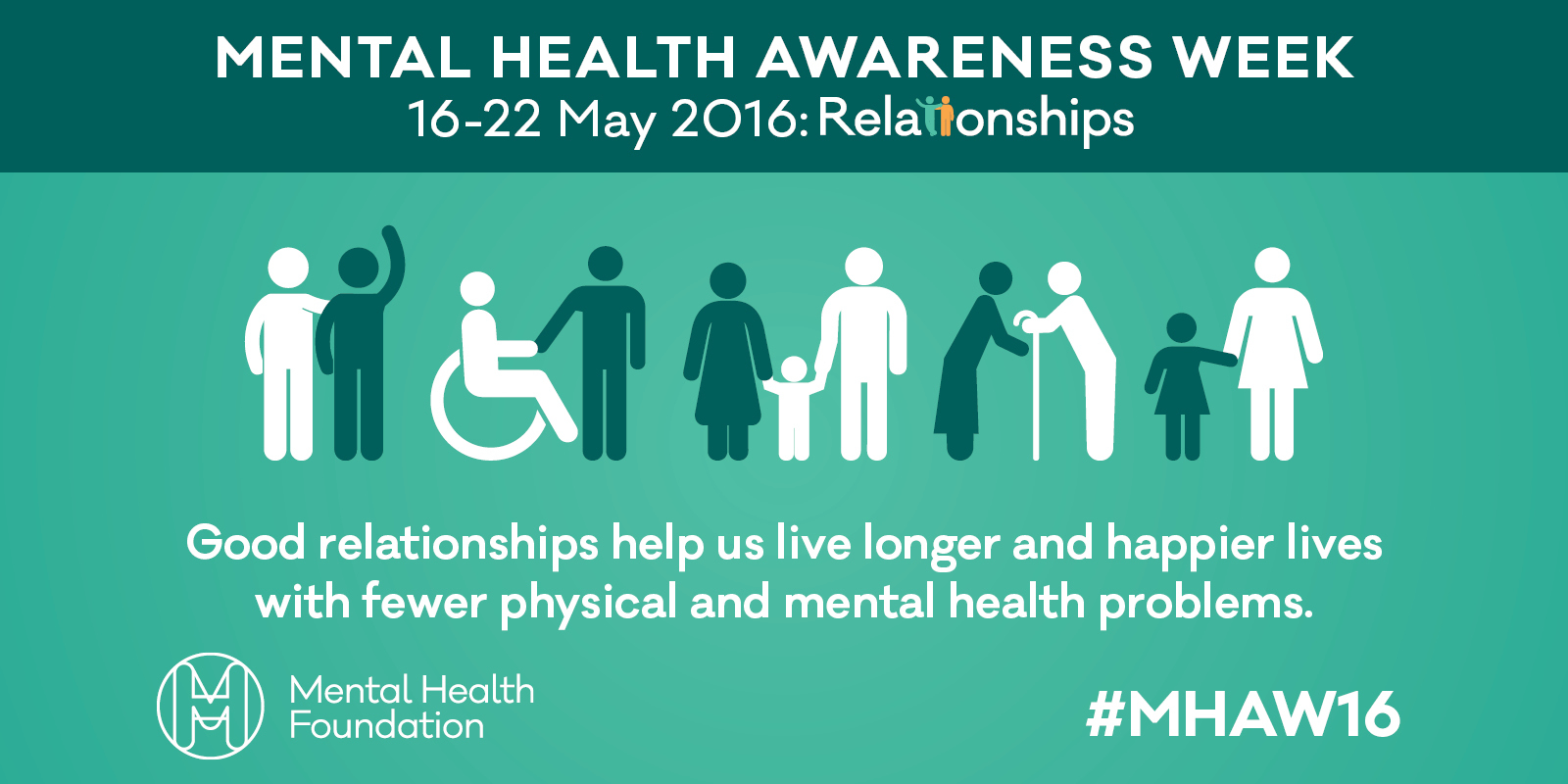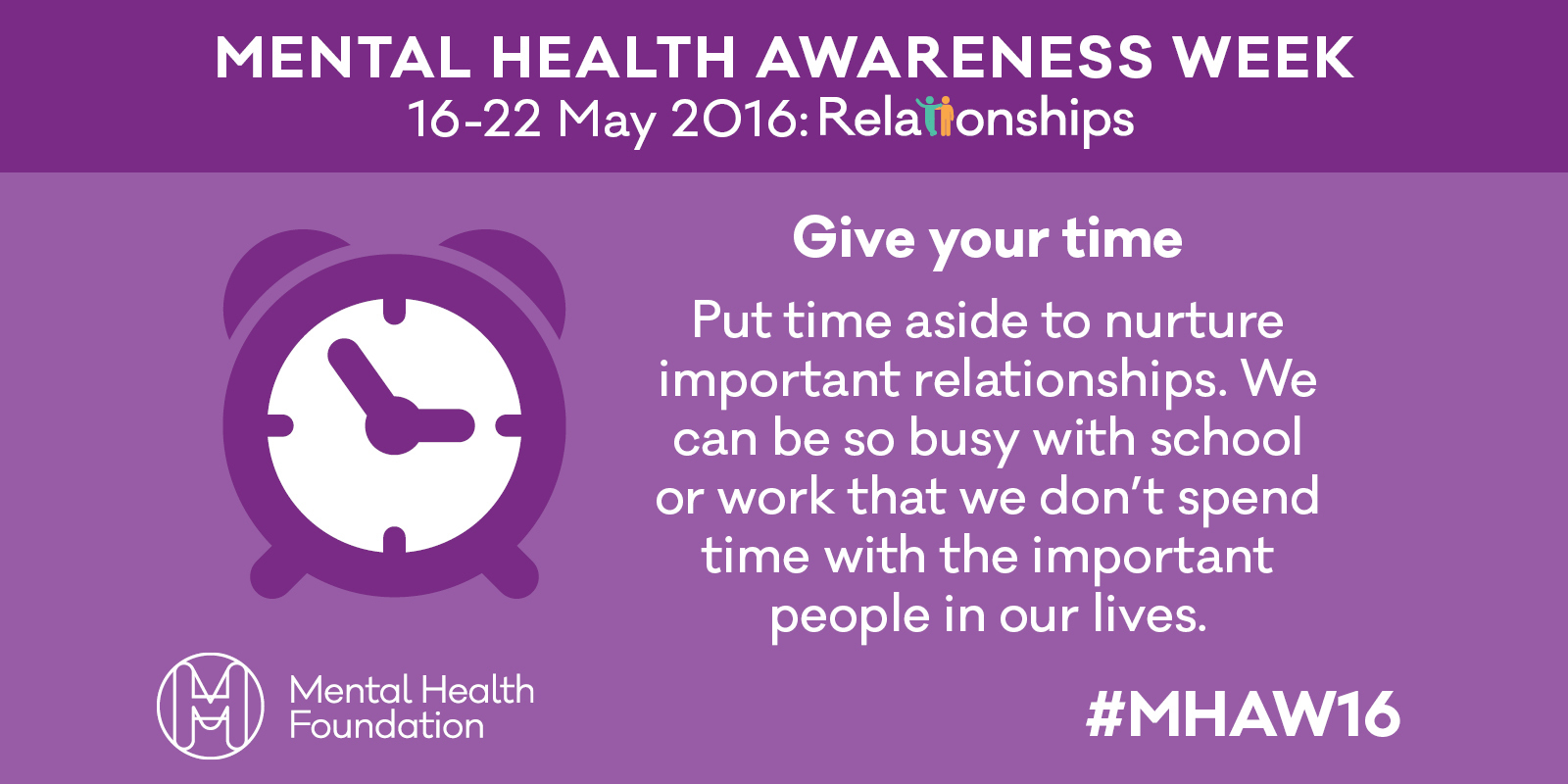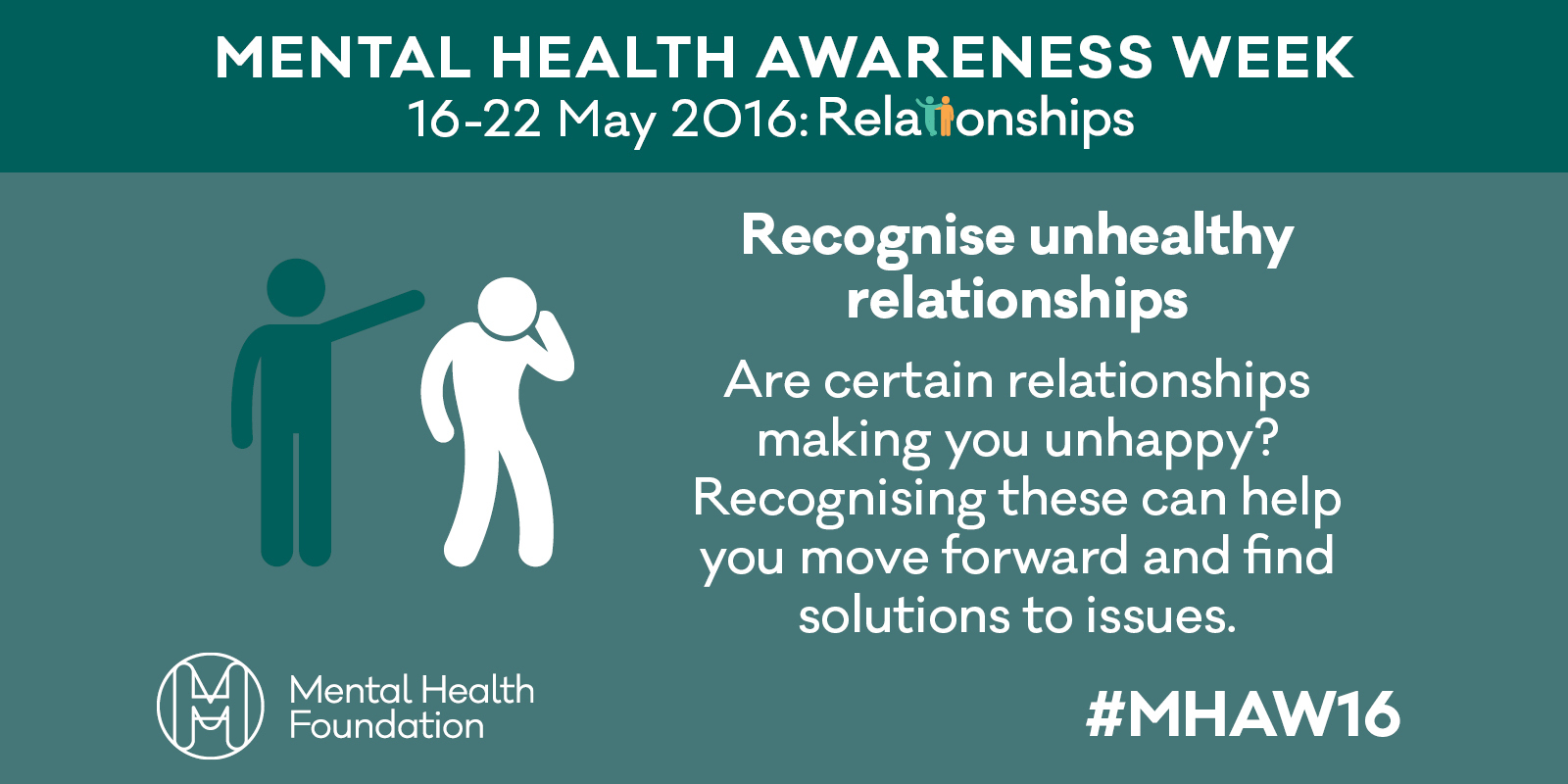It’s pretty well known that in the pursuit of happiness, love and friendship are the key. But due to evolving family structure, longer working hours and our dependence on social media over the last 10 years, we’re becoming a society that is lonelier than ever before. And these strains on our mental health can also be damaging to our physical health.
“Some really striking evidence emerged showing the influence of social relationships on health and wellbeing as comparable to well-established risk factors for mortality such as smoking,” explains Cal Strode from the Mental Health Foundation.
For the sake of our own psychological wellbeing, this week the foundation are asking us to call our parents more, put away our phones when we’re with our mates IRL or make another relationships resolution to combat the “forgotten foundation of mental health and wellbeing.” We spoke to Cal Strode about the impact of social media on isolation, the impact of isolation on depression, toxic relationships, relationships into old age, and the stigma surrounding the myth that being emotional = weakness, especially when it comes to men.

Why do you think people place more importance on health risks such as smoking and drinking alcohol than they do on the quality of their relationships?
This isn’t necessarily the case; our YouGov poll released today found that more people chose ‘maintaining healthy relationships’ as ‘most important’ to their wellbeing (38%) than those who chose eating healthily (16%), exercising (10%) and avoiding negative habits such as smoking (8%) combined.
What is interesting is that this doesn’t necessarily translate into action, for example we’re over three times more likely to have made a resolution to improve our physical health than our relationships with friends and family. Working on better quality relationships is less tangible than giving up or cutting down on smoking. It takes judgement, integrity, patience and love and these things take real time and effort.
How much impact do you think loneliness and isolation have on depression?
Mental health problems are a mix of environmental, genetic and social factors. Loneliness can lead to depression but depression can lead to loneliness so it becomes a vicious cycle. Relationships are the key that can unlock that process for some people; we’ve heard stories from some who have found that for them, “the opposite of feeling depressed is feeling connected.”
Do you think communicating via social media has made us lonelier than ever before?
Not necessarily, the evidence is quite balanced and shows that for some people, social media allows them to feel more connected to others.
What are the positives of social media on developing good quality relationships?
We know some of the biggest barriers for people who do not feel they invest enough time in relationships are physical barriers, such as living too far away from friends or family (45%) or not having enough time (also 45%). Social media can help us to overcome these barriers and feel closer but is by no means a replacement to spending time together in person.
Why do you think so many of us are more comfortable communicating virtually, rather than face to face?
Self-presentation/editing is a lot easier when the communication is mediated online. Vulnerability and intimacy are at the heart of real connection and virtual communication sometimes saves us the discomfort of being vulnerable.

What advice would you give to people who suffer from social anxiety or find it hard to develop and maintain meaningful relationships?
Investing time in the people who respect your social anxiety and are willing to make the effort without expecting you to put yourself in any social situations where you may feel uncomfortable. I think it’s important to have self-compassion when building connections, doing things at your own pace and not being too hard on yourself. It might also be comforting to know that for a lot of people, social anxiety naturally seems to decline with age. Of 18-24 year olds in our YouGov survey who felt that they did not invest enough time in relationships, 75% indicated that social anxiety was a barrier. This drops sharply to 35% in 25-34 year olds
If your social anxiety is more persistent and prevents you from participating in everyday life, there are also a number of support options available. Your GP can help you find an approach that will work for you. They may refer you to have cognitive behavioural therapy, which is one of the most effective treatments for social anxiety disorder. This may be offered online as well as face-to-face.
Why are some people more wired to believe that fame, money and success are the key to happiness, rather than having good quality relationships?
We’re bombarded by messages in our daily lives that present these things as the key to happiness. Telling people that happiness in fact derives from our relationships and connections with others isn’t the most ‘consumer friendly’ message; it doesn’t really fit the narrative of us needing to be productive and work towards something outside of ourselves in order to be happy.
Do you think being that way inclined makes your relationships suffer? How can you achieve a good work-life balance?
I think taking a step back to assess the truth of these narratives can be a good first step towards regaining some balance. Though it’s important to note that if the ‘balance’ is off some people don’t have the privilege to address that themselves because of pressures beyond their control. We need to see societal shifts as well as personal ones. National governments, public bodies and employers all have a role to play in promoting good relationships and tackling the barriers to forming them, including mounting pressures on work-life balance and the impact of bullying and unhealthy relationships.
How do you recognise a destructive relationship?
How is a relationship making you feel? Do you leave after sharing time with a person feeling down or drained? Does it bring freedom? Can you fully be yourself or does it feel like you’re walking on eggshells, monitoring everything you say and do? Does it bring joy?
Emotionally toxic people have a tendency to make you feel like you’re responsible for both your own negative emotions and theirs. They tend to take no ownership of their own i.e. “you are making me feel this'” as opposed to “I’m feeling this”.
Many of my friends (I’m 25-years-old) have reached a stage in their life where they’re happy to cut out “negative” people. Do you think this is a healthy attitude to have?
I think learning to manage those who are negative and asserting your own emotional needs is sometimes a more realistic approach than cutting people out. But if a relationship really is toxic and its possible to cut it out, then we should do it guilt free… it’s a self-loving not self-indulgent thing to do! It’s better for our health to be alone than living in a toxic relationship.

Why do men find it harder to have intimate relationships than women?
The Mental Health Foundation’s YouGov Survey also found that Women put much more emphasis on the importance of having close friends who they can talk to about how they’re feeling and their emotions. The overwhelming majority (80%) of women agree that it is important to have friends who they can speak to about their feelings and emotions compared to just 66% of men.
The evidence outlined in our report also suggests that men and women treat friendships differently, with women being more likely to have broader, more intimate relationships than men. A big part of intimacy is being vulnerable and being able to talk about how we’re really feeling, and it seems that there is still a stigma around men doing this.
How can we remove the stigma around men opening up to friends and family emotionally?
By challenging the limited ideas of what it means to be a ‘man’, particularly any that perpetuate the myth that talking about emotions equals weakness. Opening up about these things takes real courage and vulnerability.
It’s really important that this starts to happen. Suicide is the biggest killer of young men and because they’re less likely to discuss personal matters with their friends, they may be less socially and emotionally supported during times of stress and crisis.
What relationships resolutions do you think we should all make this week?
I think Relationships Resolutions should be personal, though they could be anything from being more present for people to something more measurable like setting time aside to spend with loved ones.
The Foundation is calling on people to make ‘Relationships Resolutions’. People who make a resolution will receive a text on New Year’s Eve checking in to see how they feel they’ve done and encouraging them to carry their Relationships Resolutions forward into the New Year.
This week, Mental Health Awareness Week takes place in the UK, in an effort raise awareness around the much neglected subject. To coincide, all week i-D.co will share voices from the fashion industry and beyond, discussing their thoughts, feelings and experiences of suffering from mental health issues.
Credits
Text Felicity Kinsella
